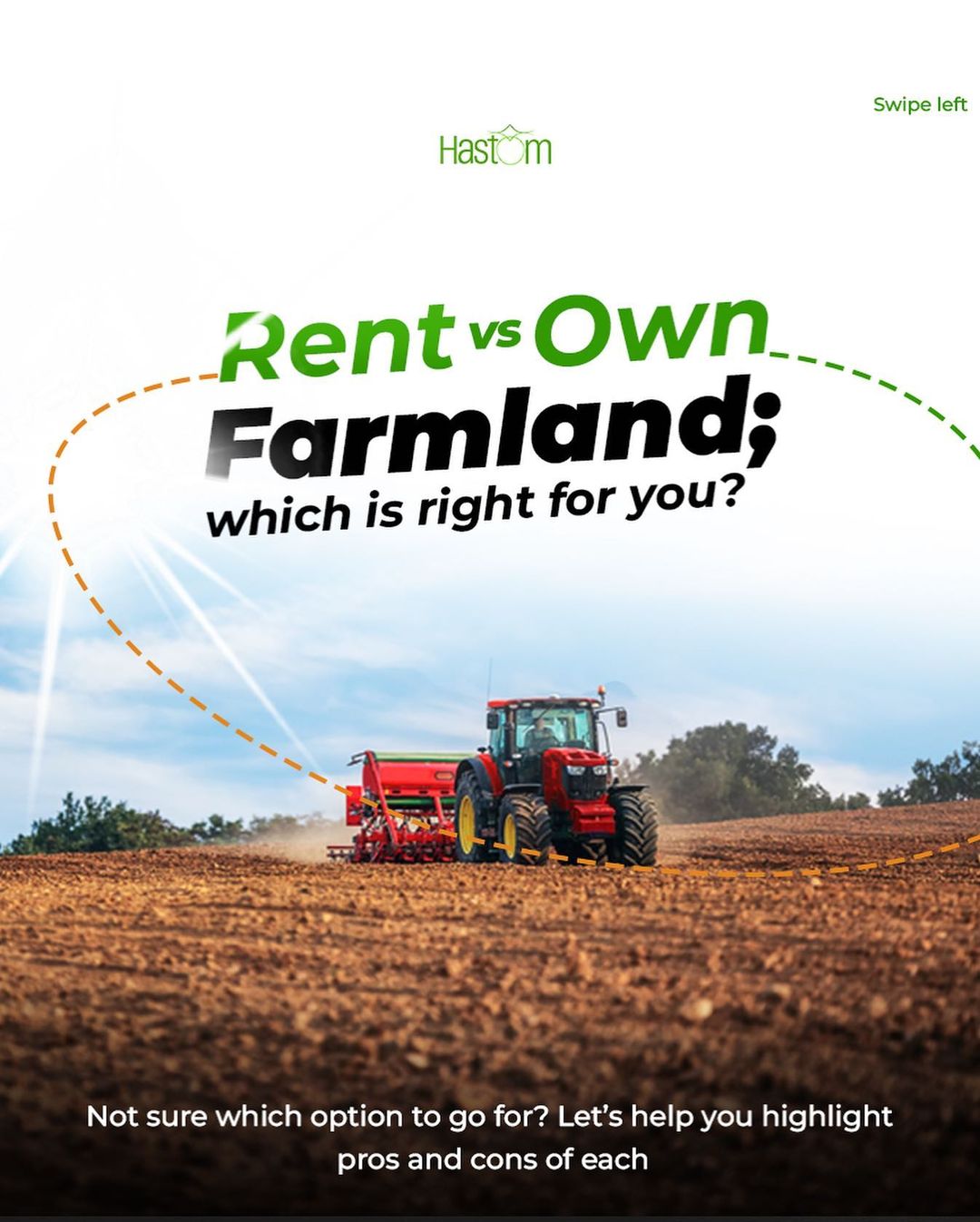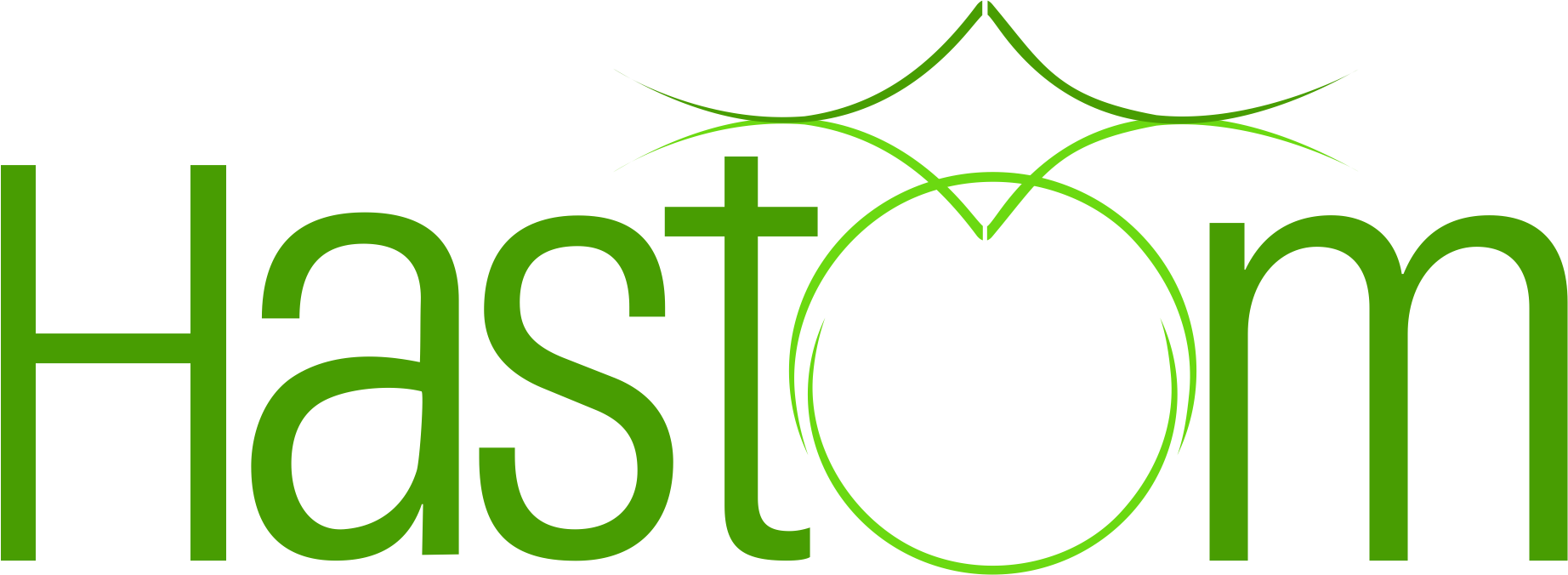
Introduction
In this blog post, we explored the advantages and disadvantages of both owning and leasing farmland. Owning vs. Leasing Farmland is a crucial decision for Gen Z Farmers in 2023. In the world of farming, farmland is an invaluable asset, forming the foundation for agricultural operations. As Gen Z farmers embark on their farming journeys, it becomes essential to weigh the pros and cons of buying versus leasing farmland in 2023. Land ownership provides a sense of belonging, freedom to choose crops, leasing opportunities, and the potential for profitable returns in the future. However, limited financial resources may necessitate a closer examination of the advantages and disadvantages of owning and leasing farmland
Owning Farmland: A Sense of Belonging and Long-Term Planning
Pros
- Control over Farmland and Use:
Complete autonomy to utilize the land according to individual preferences, allowing for long-term or short-term crop cultivation.
Development opportunities include constructing warehouses, water facilities, farmhouses, and more to enhance farm operations.
- Revenue Generation and Valuable Services:
Leasing out portions of the land generates additional income while maximizing the farmland’s productive capacity.
Capital appreciation, rental income, and the potential for offering valuable services by leasing the land to others.
- Long-Term Investment:
Buying farmland serves as a long-term investment strategy, particularly for cultivating crops with longer growth cycles, such as cashew, plantain, or oil palm. It allows farmers to benefit from the long-term returns associated with these crops while building equity in the land.
- Agricultural Real Estate Development:
Land ownership opens doors to agricultural real estate ventures, where farmers can collaborate with others based on shared principles and crop preferences, maximizing the potential of the farmland and fostering a sense of community.
- Security:
Land ownership enables farmers to implement security measures to safeguard their farmland against theft or encroachment by Fulani herdsmen, ensuring peace of mind.
Cons of Ownership:
- High Initial Investment:
Significant upfront costs, including purchase price, taxes, and ongoing maintenance expenses, pose a financial burden.
- Financial Risk:
Fluctuations in land values create uncertainty, and immediate returns or profits cannot be guaranteed. Careful consideration of financial capacity and risk tolerance is necessary.
- Capital Allocation:
Large-scale land purchases may limit available capital for other essential farm investments, such as equipment, technology, or livestock.
Leasing of Farmland
Pros
- Cost-Effectiveness:
Leasing offers a more affordable and less capital-intensive approach to farming, freeing up funds for inputs, machinery, labor, and other necessities.
- Payment Flexibility:
Leasing options allow for payment in cash, crop sharing, or providing valuable services to the landowner, ensuring convenience for farmers.
- Flexibility:
Leasing provides greater flexibility, enabling farmers to adjust their operations, scale up or down, and relocate as per market conditions and changing business needs.
Cons :
- Lack of Control:
Lessees have limited decision-making authority, as they must adhere to the landowner’s terms and conditions, potentially restricting autonomy and long-term planning.
- Uncertain Tenure:
Lease agreements have fixed durations, requiring renewal negotiations at the end of each term. Such uncertainty can hinder long-term investments and strategic planning.
- Limited Equity Building:
Leasing does not allow for equity building in the land, as cumulative lease payments over time may surpass the land purchase cost.
Conclusion:
For Gen Z farmers in 2023, Hastom Nigeria have farmland for sale at an affordable price to help you make a uniform decision to own or lease. Ownership offers control, revenue generation, and long-term investment potential. It requires significant upfront investment and entails financial risks. Leasing on the other hand, provides cost-effectiveness, flexibility, and convenience. Farmers may also face limitations in decision-making and equity building. Weighing these factors against financial capabilities and long-term goals will enable aspiring farmers to make an informed choice that aligns with their needs and sets them on a path to success in Nigerian agriculture.


